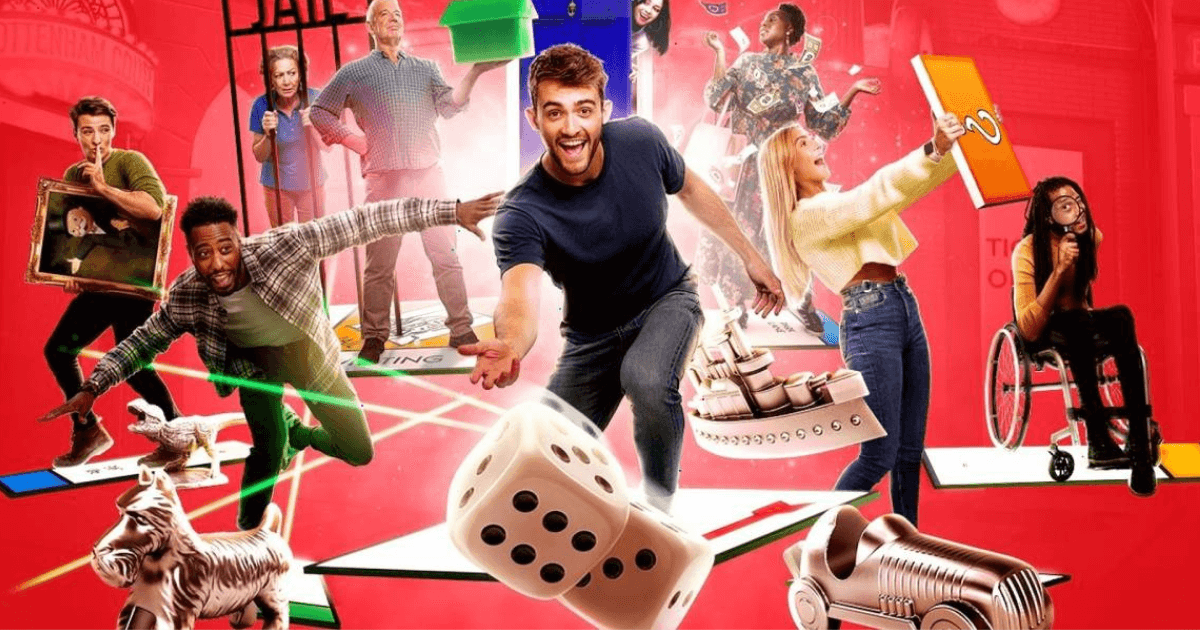Life-Size Playing a Larger Role in LBE

While location-based entertainment (LBE) can be a catch-all phrase for experiential licensing, sub-genres are coming into play. The latest trend is life-sized LBE and, as the name implies, these offerings let players fully immerse themselves in a life-sized version of a game.
Hasbro licensee and theatrical producer Selladoor Worldwide’s new games division Gamepath Entertainment opened Monopoly Lifesized in London last year. And a life-sized version of Angry Birds launches June 29 across Rovio Entertainment licensee Electric Gamebox’s franchised locations in the U.S. and U.K.
In the case of the 22,000-sq.-ft Monopoly offering, which includes a Top Hat restaurant and opened last August after a one-year pandemic-related delay, players in groups of 8-24 people join a 75-minute game across a 49 x 49-foot board. Players are represented by Monopoly tokens and each property has a room where players answer questions in a bid to acquire that property.
The upcoming Angry Birds offering is a slingshot game where teams of 2-6 people work together to “pop” the piggies. Electric Gamebox LBEs feature interactive digital “smart” rooms with projection mapping, touch screens, 3D motion tracking, and surround sound, all without headsets. Other games can be played in 30- and 60-minute intervals.
Whether it’s called life-sized, full-size, or any other LBE format for that matter, the key is and will be repeatability—updating the games frequently enough to keep customers coming back. In the case of Monopoly there are four different boards and, since the game involves dice, the course of play changes constantly. Hasbro also aims to fully refresh LBEs every three years, said Matt Proulx, VP for location-based entertainment at Hasbro. With Angry Birds, Electric Gamebox has an internal game development group that can update the titles digitally. This also allows developers to launch games at all locations simultaneously.
“Life-size is more a marketing moniker [for Monopoly] to help people understand that it’s not the table game, but rather something larger-than-life where you can immerse yourself into the experience,” Proulx said. “Repeatability is incredibly high on the priority list because you need that repeat visitation. These are meant to be multi-year experiences with multiple versions and the gameplay and the outcome needs to be different every time you play.”
“If Monopoly life-size is a success, then I think you will see more [life-sized LBEs] come to the forefront,” said George Wade, president of the consulting firm Bay Laurel Advisers. “We are an industry that likes to follow. But life-sized is going to require very careful curation by operators in identifying what is a strong concept tied to an IP that is going to have legs to it that they [can] convert into a good guest experience. But some people lose track of that last sentence.”
Creating those quality guest experiences appears to have the requisite financial backing. Electric Gamebox, which operates LBEs under its own brands and also has four Aardman Studios-licensed Shaun the Sheep locations in the UK, raised $25 million last year from investors that included mall operator Brookfield Asset Management. It forecasted operating 100 locations by 2023 and 1,000 locations by 2026.
“There are some similarities between “escape room” experiences and life-sized, but also differences,” said Katri Chacona, director of brand licensing at Rovio. “Whereas escape rooms let you dip your toe and experience a brand or property in more singular form, life-sized can expand into an immersion in the larger experience.”




